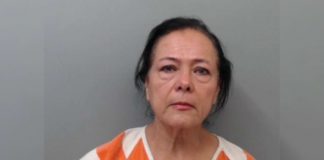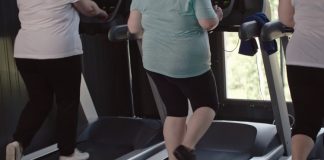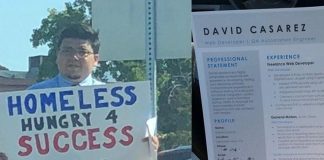Hannah and Her Sisters, The Purple Rose of Cairo, The Lost Boys
Advertisements:
$18 Million
Two time Oscar-winner and Woody Allen regular Dianne Wiest has certainly made her mark in comedy and drama. Bringing heavyweight dramatic chops to humorous material, Wiest has managed to hold her status as a leading lady that can carry a whole movie by herself if she has to. After more than forty years in the business, she shows no signs of slowing down, or of losing her sense of humor.
It Started With A Few Laughs
"At West Point, we first lived in Central Apartments in a third-floor walk-up next to the hospital where my father worked. My two younger brothers and I shared one big bedroom, and my parents had a tiny one."
Born March 28, 1946 in Kansas City, Missouri to nurse Anne Stewart and college dean Bernard John Wiest, Dianne took an interest in the performing arts from a young age. Her first love, however, was not acting but ballet. That all changed in high school. Studying theater in her senior year at Nurnberg American High School, she discovered that she was a natural at comedy, and that the silent awe inspired by ballet just didn't have the same punch as getting a room full of people to laugh on cue.
"I got a few laughs and decided I was going to act."
After high school, Wiest attended the University of Maryland to study theater, but was able to find work before graduating, dropping out after her third year to go on toure with a Shakespeare troupe. From there it was on to a number of successful stage productions, including Happy Birthday, Wanda June (1970), by Kurt Vonnegut, and the lead role in Henrik Ibsen's Hedda Gabler. Wiest had a talent that wouldn't be denied, and she was never starved for work. Eventually she would make her way to film, starring in the romantic comedy Beyond Therapy (1982) with John Lithgow, and again teaming with Lithgow on Footloose (1984). While pursuing a career in film and television, she stayed busy on stage, featuring in A Kind of Alaska (1984) and Seranading Louie (1984), among others.
"When I was 8, I began to study ballet. In seventh grade, my mother took me into New York to study at the School of American Ballet. I loved ballet - its precision, the escape from uncertainty, and the music."
Though Wiest enjoyed her share of roles in film in the early 80s, it would be Woody Allen who really propelled the actress to stardom in a string of celebrated films, starting with The Purple Rose of Cairo (1985), to be followed by September (1987), Radio Days (1987) and the role that would win her her first Academy Award, Hannah and Her Sisters (1987). In the 1990s she would return to the Woody Allen ensemble for Bullets over Broadway (1994).
"Woody is so musical in his filmmaking. I've never worked with anyone I've trusted so completely. He won't let you hit a false note."
Working Hard As Ever
Since first bursting onto the scene in the 1980s, Wiest has never slowed down. To look at her filmography, she's scarcely missed a year, and when she wasn't in a celebrated movie, she was busy on Broadway, or teaching, or giving speeches, or conducting live interviews, starring in the indie film classic Synecdoche, New York (2008) one year, and appearing at the National Memorial Day Concert on the Mall in Washington, D.C. the next. In the last ten years alone she acted in a production of Samuel Beckett's Happy Days (2016) for the Yale Repertory Theatre, worked as a visiting teacher at Columbia University's Graduate Acting Program, featured in Clint Eastwood's true-life crime thriller The Mule (2018), and continues to play Joan Short on CBS sitcom Life in Pieces (2015-ongoing).
"I've never really felt at home in L.A. I've only been here to work, and then I immediately go back to New York."
Dianne Wiest is a rare performer for whom it is difficult to even compile a list of "best-known" work. While you can point to her films with Woody Allen as being the movies that made her an indie darling, you may just as well point to her work in mainstream comedy hits like Parenthood (1989), and Cops & Robbersons (1994), or The Birdcage (1996) for that matter. Likewise, her work in films like The Lost Boys (1987) or Edward Scissorhands (1990), or her efforts as a voice actress in films like Robots (2005), or, well, the list goes on.
Wiest's career is difficult to sum up. There's very little that she hasn't done on film and on the stage, and she continues to run circles around performers half her age.
"Unless you are unique, your opinion goes out the window."
->





